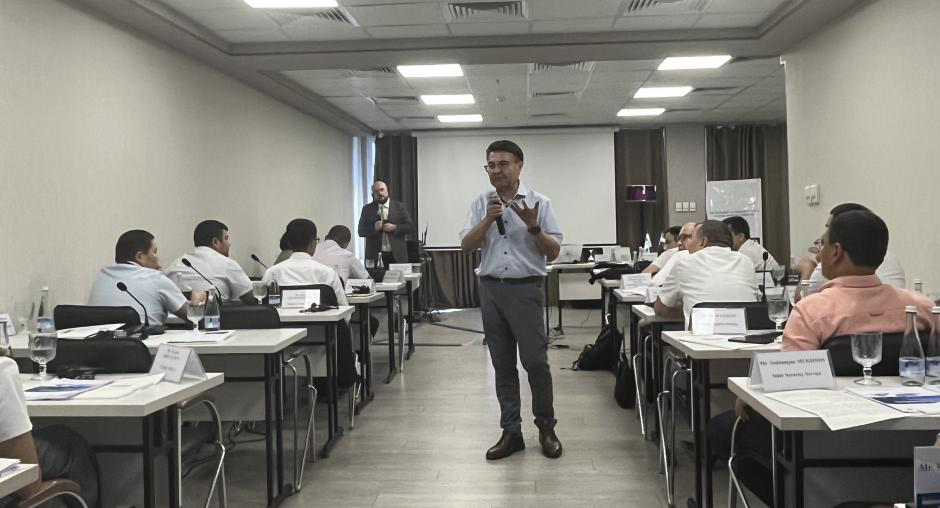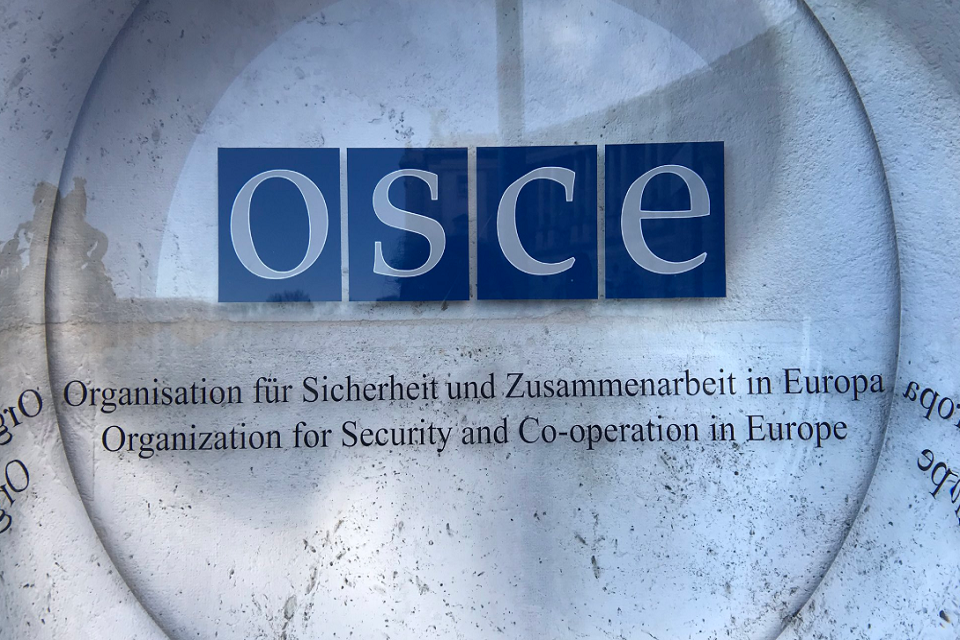The OSCE Transnational Threats Department, in collaboration with the OSCE Project Co-ordinator in Uzbekistan, conducted a needs assessment mission in Uzbekistan. This mission, part of the E-VIDENCE project, aimed to strengthen the capacity of law enforcement agencies to request electronic evidence across borders for online criminal investigations, including those related to terrorism.

On July 23, 2024, an expert meeting in Tashkent brought together over 30 officials from Uzbekistan’s parliament, law enforcement, judiciary, academia, and international organizations to discuss the challenges and opportunities of electronic evidence at national and international levels.
"In an era of rapid technological advances leading to a surge in cybercrime, it is crucial for law enforcement to adeptly navigate the complex legal terrain of domestic and international frameworks when requesting electronic evidence across borders. This ensures accountability for offenders and adherence to the rule of law,” said Ambassador Antti Karttunen, OSCE Project Co-ordinator in Uzbekistan.
The expert meeting aimed to support Uzbekistan’s efforts to harmonize its regulatory frameworks on electronic evidence, enhance digital forensics research conducted by the Law Enforcement Academy of Uzbekistan, and incorporate international best practices for requesting electronic evidence from foreign internet service providers while respecting human rights and international laws.

“Today's expert meeting proved to be invaluable as we explored advanced international practices in the context of developing and adopting the draft Law on Electronic Evidence in our country," said Zuhra Shodieva, a deputy of the Legislative Chamber of the Oliy Majlis (Parliament) of the Republic of Uzbekistan.
The mission also featured various bilateral and multilateral discussions with international organizations and partners such as the EU and UNODC offices in Tashkent. These discussions aimed to explore potential collaborations on addressing electronic evidence challenges.
“The OSCE is particularly well-placed to address electronic evidence in national legislation by providing a platform for dialogue and exchanges of information, sharing good practices and lessons learned. This is one of the reasons Germany supports the implementation of this activity, as it facilitates meaningful and constructive dialogue,” said Clemens Schwanhold, Head of the Political Section at the Embassy of the Federal Republic of Germany in Uzbekistan.
The E-VIDENCE project, supported by Germany, is an extrabudgetary initiative designed to enhance national capacities across the OSCE area for requesting electronic evidence to investigate online criminal matters, including terrorism-related cases, while upholding human rights.
Follow Daryo's official Instagram and Twitter pages to keep current on world news.
Comments (0)